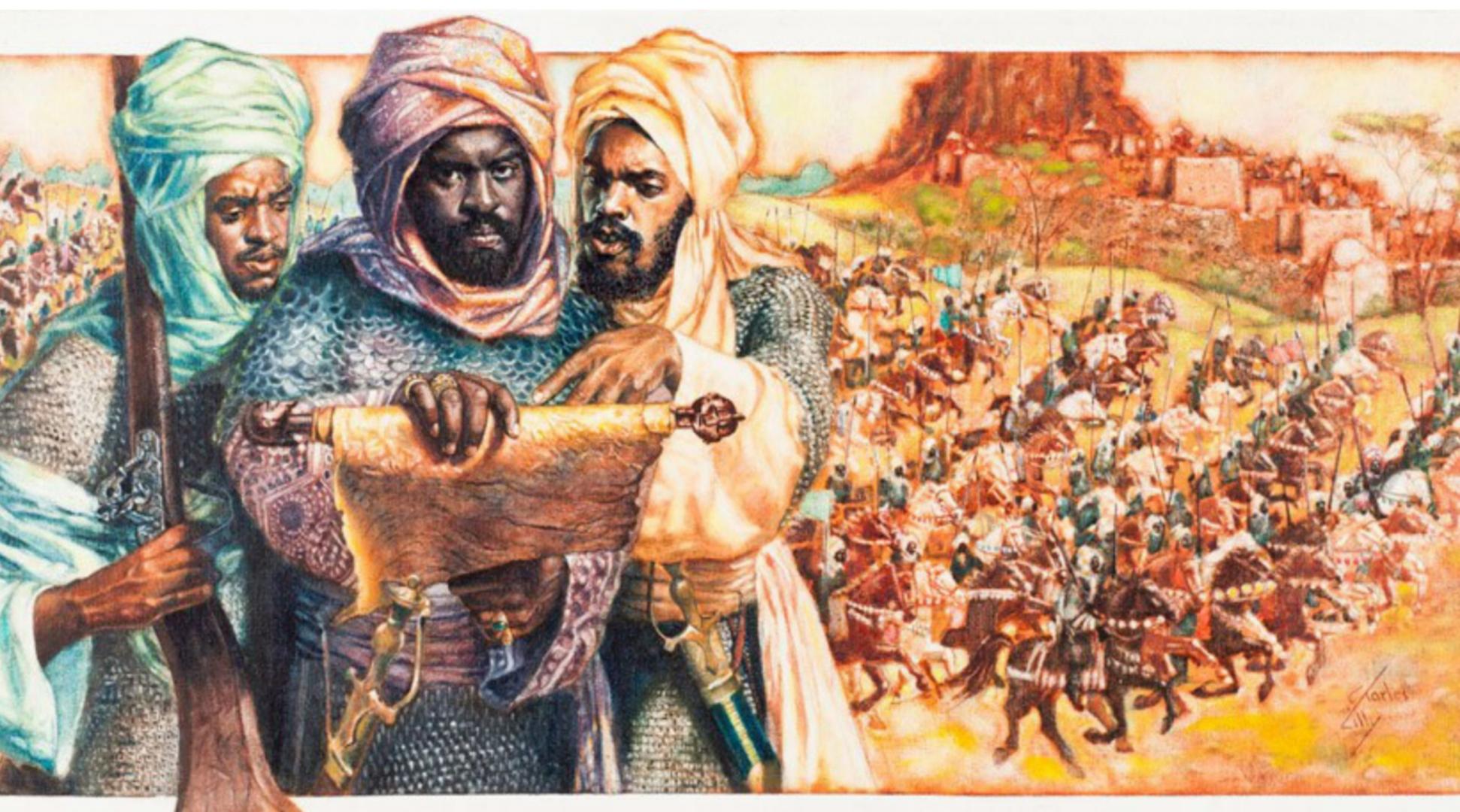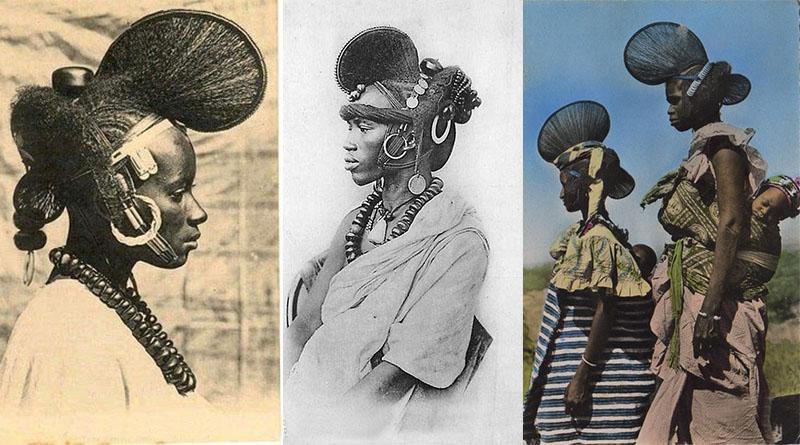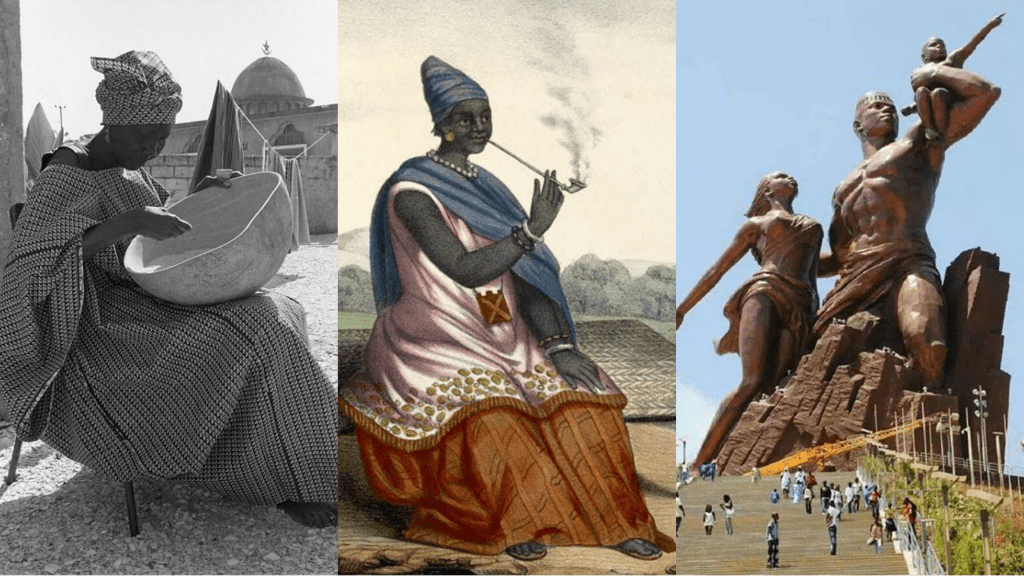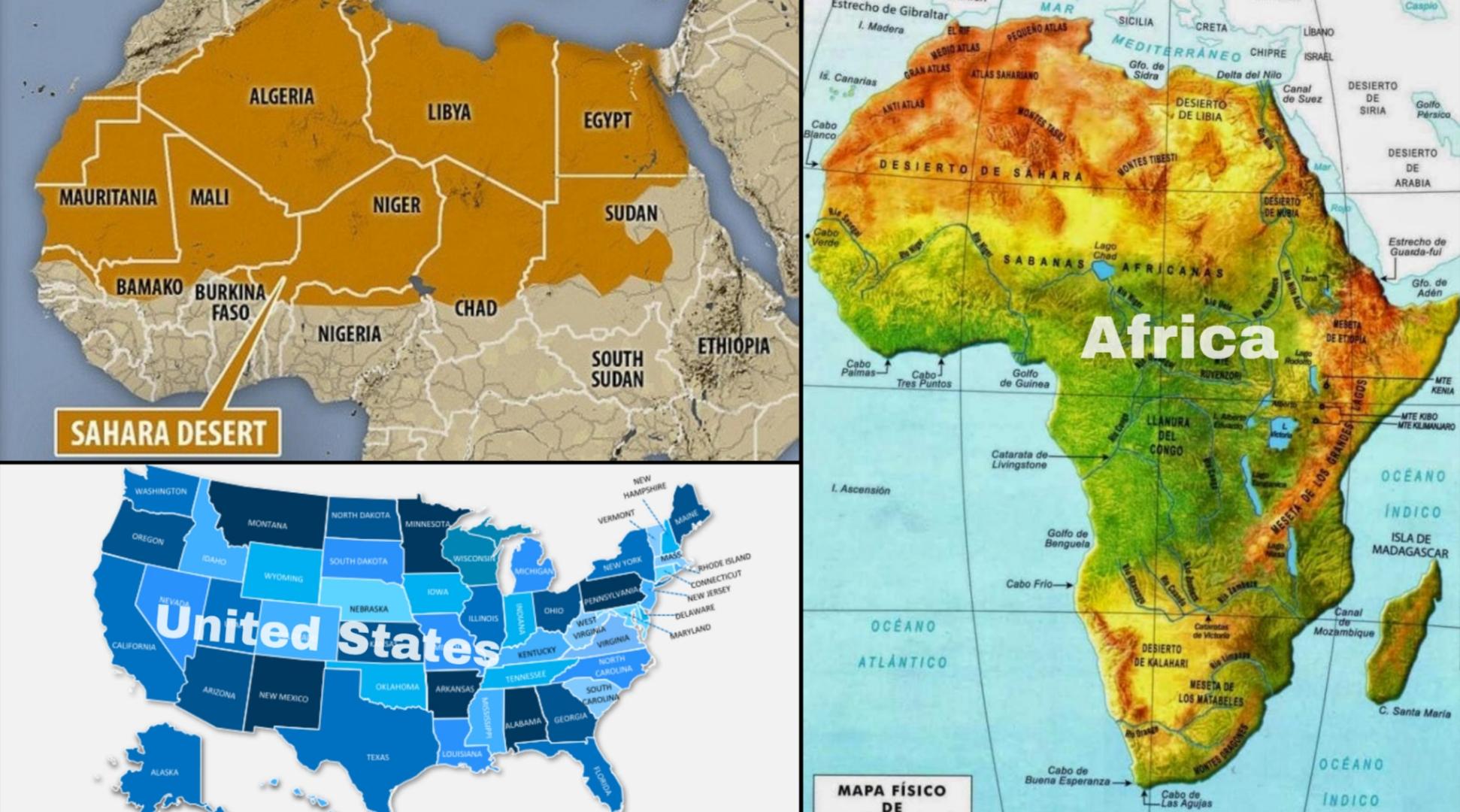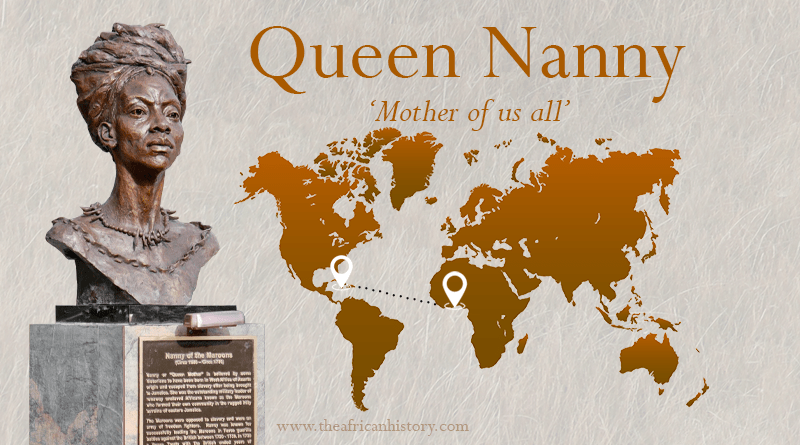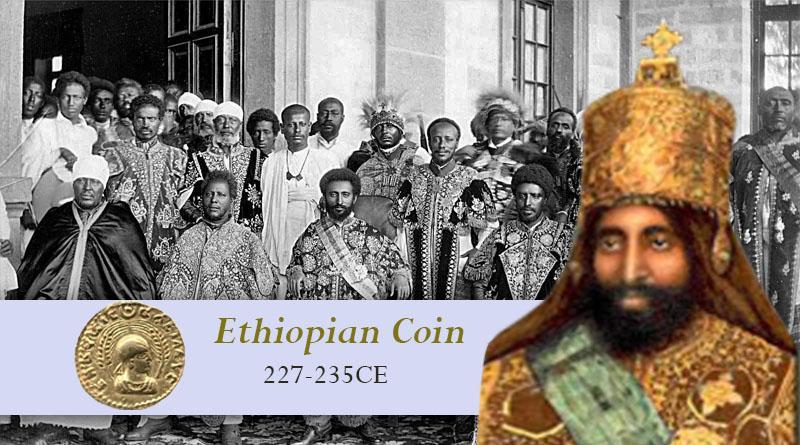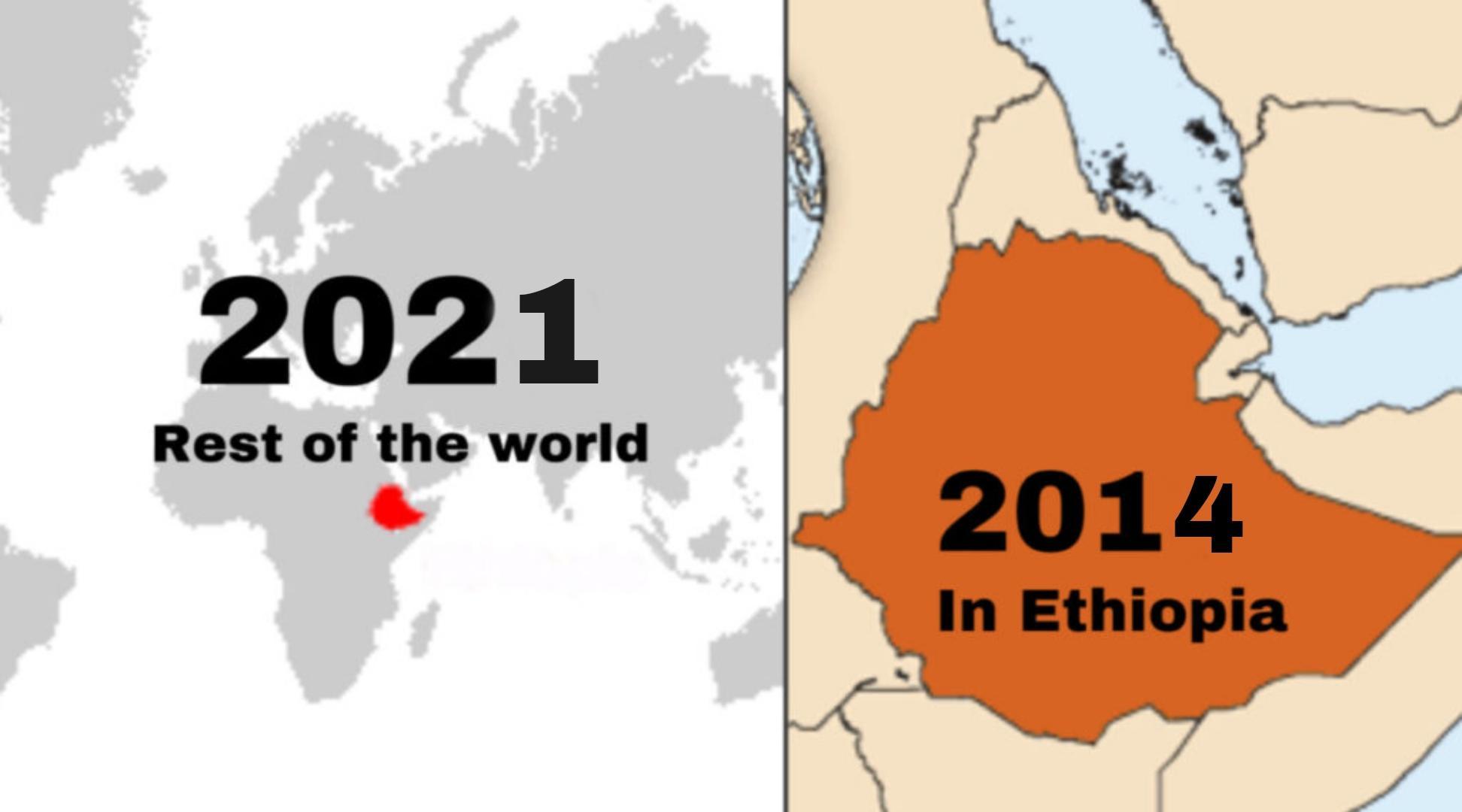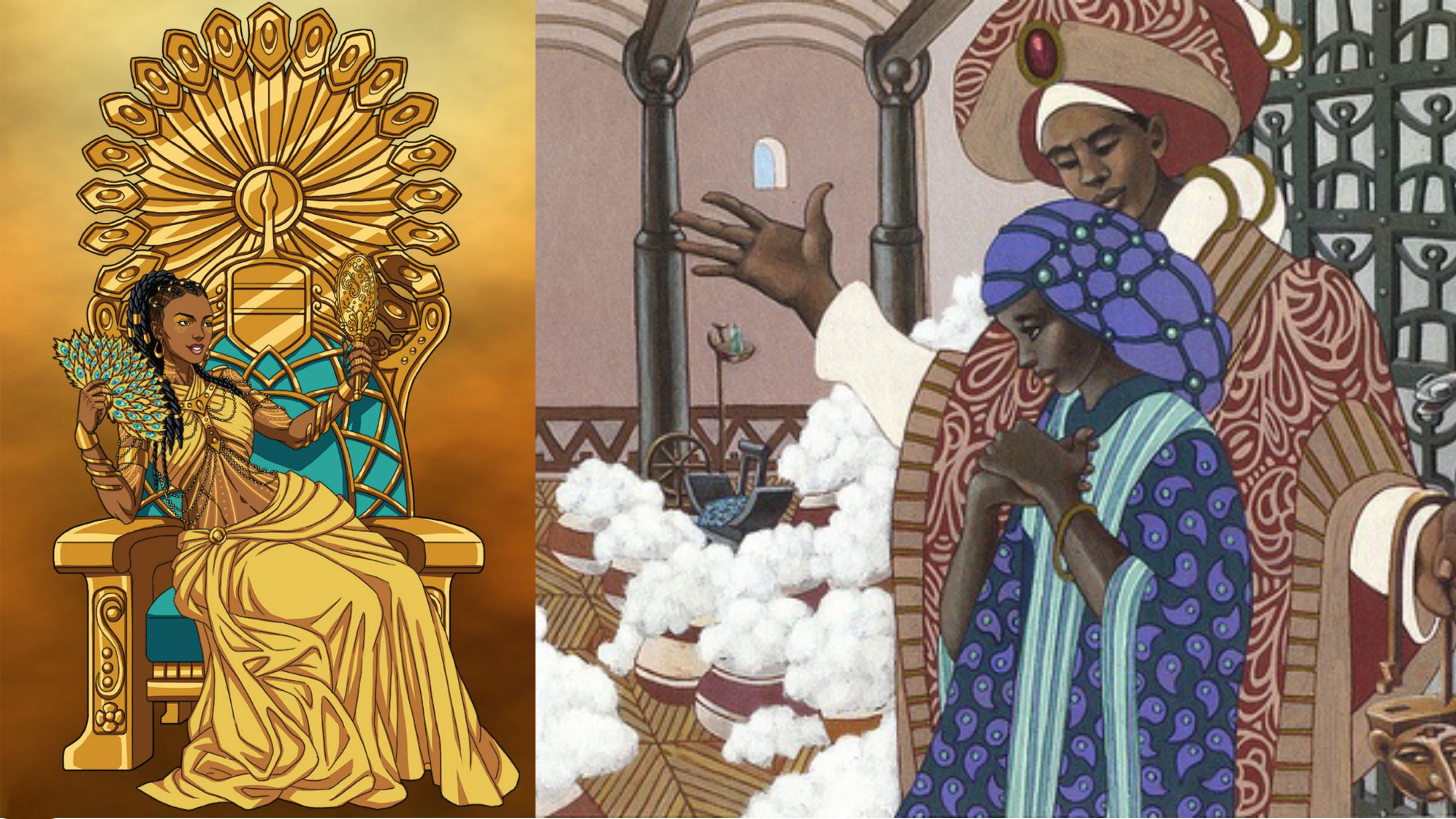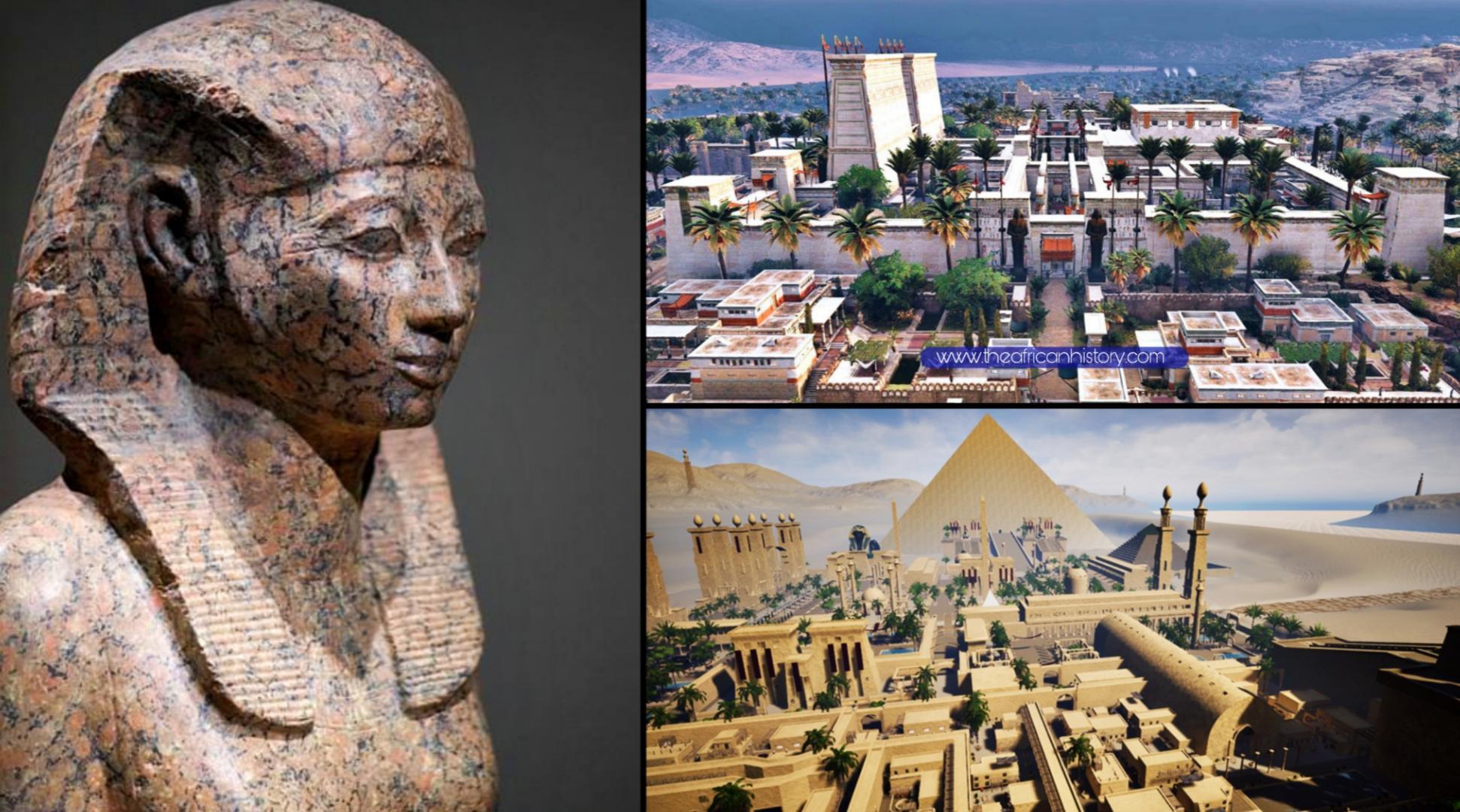The Kanem-Bornu Empire (ca. 9th century- 1900) was a large African state that extended a region that today includes the modern-day countries of Niger, Chad, Cameroon, and Nigeria. It continued to exist from the 9th century to the end of the nineteenth century. The Zaghawa nomadic people formed the empire, and they are said to be the first in central …
Read More »TimeLine Layout
October, 2021
-
16 October
Traditional Fulani hairstyles that existed for centuries
This tribe has a highly rich culture, and they know how to put up a stunning appearance. Continue reading to learn the secrets of outstanding hairstyle history. The Fula, Fulani, or Fule people are one of the most populous ethnic groups in the Sahel and West Africa, with a massive population spread across the continent. They inhabit in a variety …
Read More » -
11 October
Jolof Empire, one of the great ancient African Empires 1350 – 1549
The Jolof Empire, also known as the Wolof or Wollof Empire, was a West African state that ruled parts of Senegal from 1350 to 1549. Following the 1549 battle of Danki, its vassal states were fully independent; in this period it is known as the Jolof Kingdom. Origins Traditional Wolof accounts indicate that the state’s and empire’s founder was the …
Read More » -
3 October
Africa’s Sahara Desert is more times bigger than United States of America
Sahara Desert The Sahara is a desert on the African continent. With an area of 9,200,000 square kilometres (3,600,000 sq mi), it is the largest hot desert in the world and the third largest desert overall, smaller only than the deserts of Antarctica and the Arctic. The desert comprises much of North Africa, excluding the fertile region on the Mediterranean …
Read More »
September, 2021
-
22 September
Amina, the Warroir Queen of Zaria used to take lovers from towns she conquered
Amina, a 16th-century Hausa warrior-queen, is known to have captured lovers from the towns she conquered. Queen Amina is frequently cited among the norm-breaking African women of the past, whose abilities and acts much exceed what we have come to expect of women in current society. Despite the fact that her historicity has been called into question on several occasions, …
Read More » -
21 September
Queen Nanny. A warrior queen raised from Ghana, liberated Jamaicans [1680 – 1730]
Historians have largely ignored Queen Nanny of the Windward Maroons, focusing instead on male figures in Maroon history. The Maroons, on the other hand, hold her in the highest regard. Queen Nanny’s biographical data is sketchy, with her name appearing just four times in written historical documents, and typically in unflattering terms. She is, nonetheless, regarded as the most significant …
Read More » -
14 September
Ethiopia minted its own coins over 1,500 years ago
The Aksumite currency was created and used in the Kingdom of Aksum (or Axum), which was located in modern-day Eritrea and Ethiopia. Its mintages were issued and circulated from King Endubis’ reign about AD 270 to the first half of the seventh century, when it began to collapse. Mogadishu currency, issued by the Sultanate of Mogadishu, was the most extensively …
Read More » -
11 September
Ethiopia celebrates New Year in September. Seven to eight years behind rest of the world
Enkutatash is a public holiday in coincidence of New Year in Ethiopia and Eritrea. It occurs on Meskerem 1 on the Ethiopian calendar, which is 11 September (or, during a leap year, 12 September) according to the Gregorian calendar. Celebrations Relatives especially family members gathered and eat meals prepared by chicken’s meat natively called doro wat. Invitations and wishing farewell …
Read More » -
7 September
The history of Queen Nyabinghi, Shamanic priestess of East Africa
Nyabinghi or Nyabingi was a queen in Rwandan, Ugandan, and Tanzanian history. Muhumuza was her first name, which means “one who brings peace.” Then she was given the name Nyabingi, which means abundance in the Runyankole language of the Ankole kingdom, which is located in western Uganda today. To fight the colonialists, she used the elements of fire, water, earth, …
Read More »
August, 2021
-
31 August
Hatshepsut, Ancient Egyptian brave Queen Warroir who ruled as a Pharaoh in 1478 BC
Hatshepsut was the fifth pharaoh of the Eighteenth Dynasty of Egypt. She was the second historically confirmed female pharaoh, the first being Sobekneferu. Hatshepsut came to the throne of Egypt in 1478 BC. Hatshepsut was only the second woman to become pharaoh in Egypt’s 3,000-year history, and the first to hold the entire power of the position. Cleopatra, who had similar …
Read More »
 The African History Truly African
The African History Truly African

